Introduction
Chesapeake Bay Retriever are known for their loyalty and intelligence.
- They often make great companions for families with children
- Their playful nature matches well with active family lifestyles
- Proper training and socialization are essential for a good fit with kids
- Understanding their temperament helps ensure a safe family environment
- This article examines whether Chesapeake Bay Retrievers are a family-friendly breed
1. Temperament and Personality
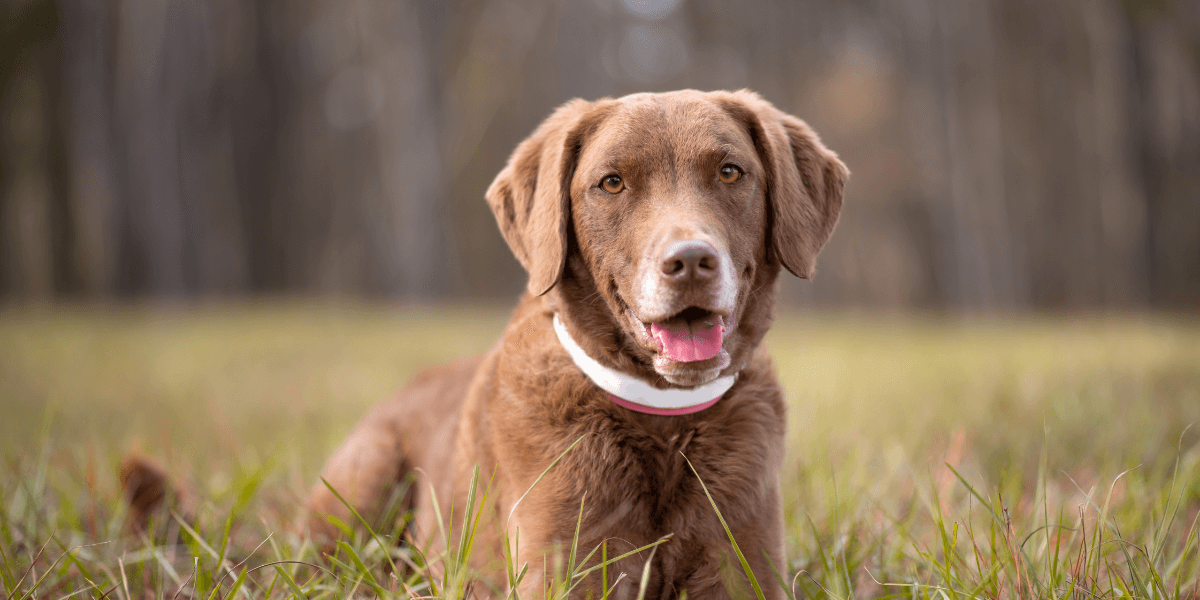
Chesapeake Bay Retrievers are generally friendly and affectionate.
- Loyal Nature: They are loyal and protective towards their family
- Playfulness: Enjoy playtime and activities with children
- Energy Level: Their high energy aligns with active family life
- Alertness: They are naturally alert and aware of their surroundings
- Affectionate: They bond closely with their family members
- Gentle with Kids: Known for their gentle behavior around children
- Patience: Often exhibit patience, a key trait for family dogs
- Positive Reinforcement: Respond well to training with rewards and praise
2. Training and Socialization
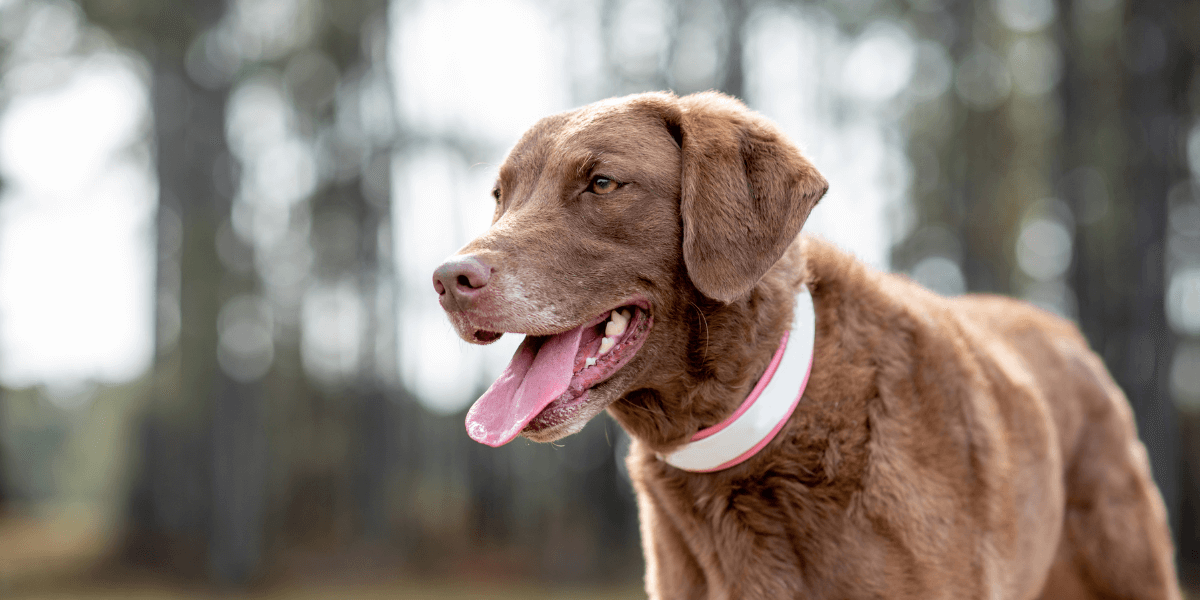
Proper training and socialization are crucial for family-friendly behavior.
- Early Start: Begin training and socialization early for best results
- Basic Commands: Teach basic commands like sit, stay, and come
- Consistency: Use consistent commands and routines in training
- Exposure to Kids: Gradually introduce them to children of all ages
- Controlled Environment: Train in a controlled environment first
- Positive Interactions: Encourage positive interactions with kids
- Supervised Play: Always supervise play between the dog and young children
- Patience and Calmness: Use calm behavior and patience during training
3. Protective Instincts
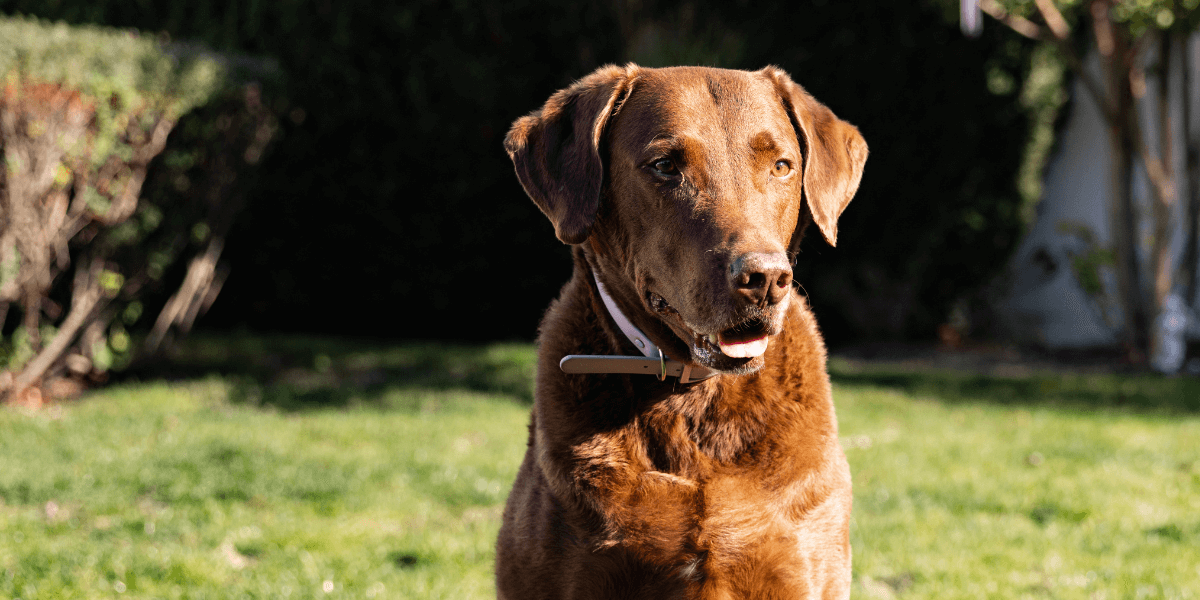
Chesapeake Bay Retrievers have natural protective instincts toward their families.
- Guarding Behavior: May show guarding behavior around their home
- Barking Alert: Likely to bark when strangers approach
- Child Safety: Their protective nature can help keep children safe
- Controlled Guarding: Training helps manage overprotective behavior
- Comfort Zone: Ensure the dog feels safe and secure in its environment
- Family Focused: They prioritize their family’s safety
- Boundaries: Teach boundaries to prevent overprotection
- Trust Building: Build trust through regular, positive experiences
4. Energy and Exercise Requirements
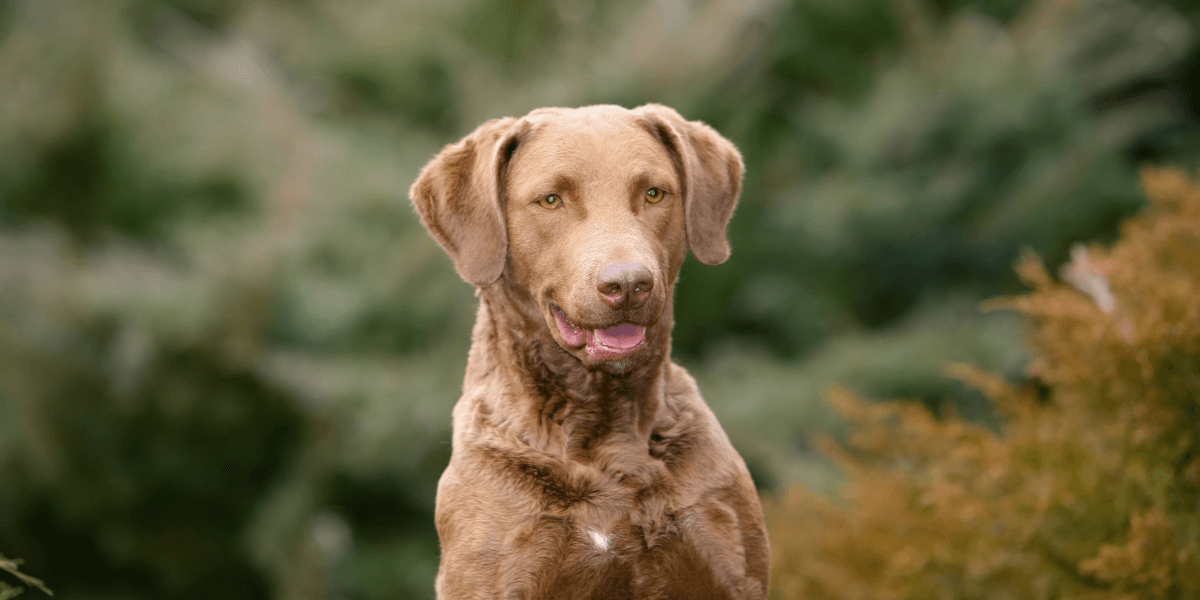
Chesapeake Bay Retrievers need regular exercise to maintain a balanced temperament.
- Daily Activity: Require daily physical and mental activities
- Outdoor Fun: Enjoy outdoor play sessions with kids
- Structured Play: Activities like fetch, running, and swimming are ideal
- Exercise Balance: Balancing exercise needs prevents destructive behavior
- Family Involvement: Include kids in exercise routines to bond
- Calming Effect: Regular exercise helps calm high-energy dogs
- Indoor Play: Incorporate indoor games for mental stimulation
- Supervision: Always supervise exercise sessions with children
Discover effective training techniques to manage your Chesapeake Bay Retriever's high energy levels.
5. Affection and Bonding
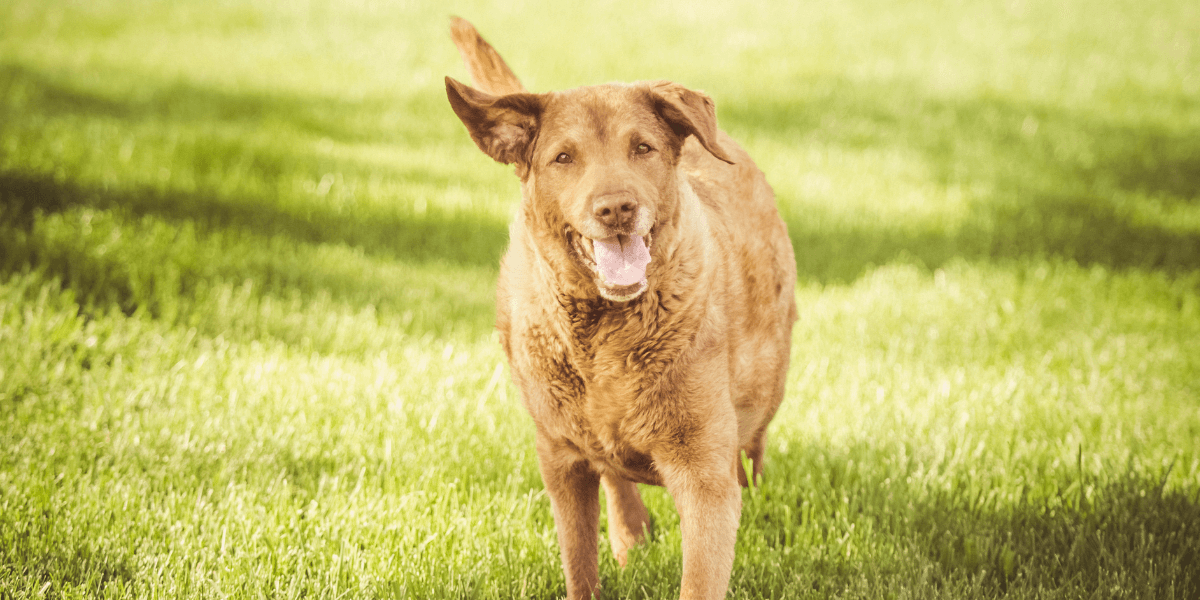
Chesapeake Bay Retrievers form strong bonds with their human family.
- Cuddle Time: They enjoy affection and cuddling with family members
- Loyal Companions: Show unwavering loyalty to their family
- Attachment: Become attached to both adults and children
- Attention Seeking: Thrive on attention and love from their family
- Emotional Connection: Can sense family members' emotions
- Family Involvement: Include them in family activities for stronger bonds
- Daily Interaction: Regular interaction strengthens their attachment
- Consistency in Care: Consistent care routines help maintain bonds
6. Potential Challenges
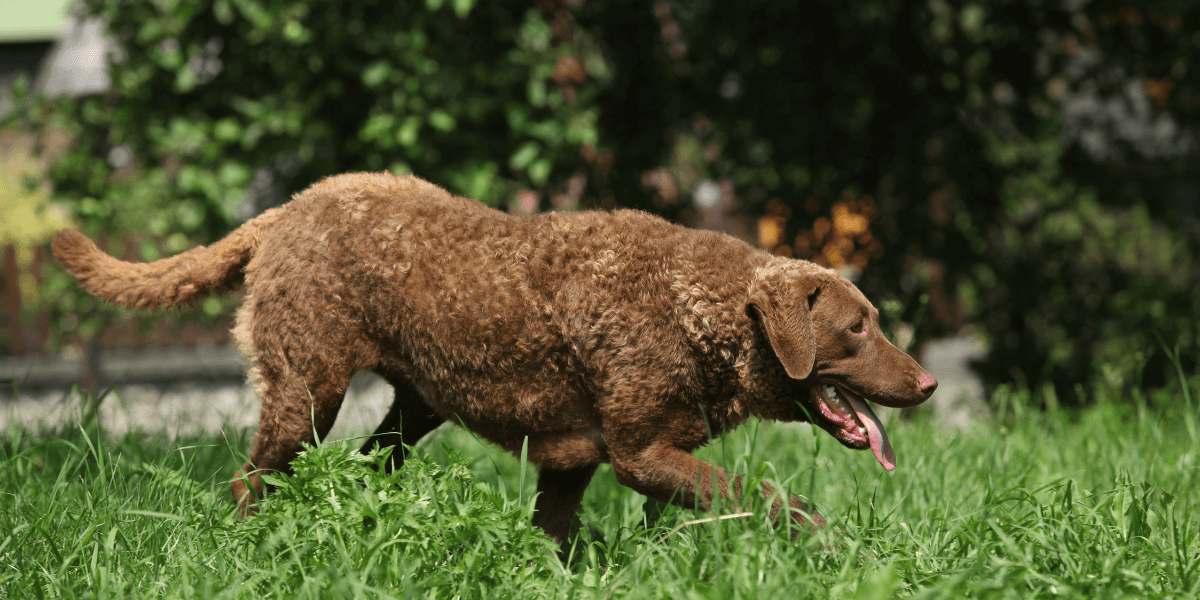
Understanding potential challenges helps in raising a happy Chesapeake Bay Retriever.
- Strong-Willed Nature: They can be strong-willed at times
- Training Persistence: Require patience and persistence in training
- Boredom Issues: May develop behavioral issues if bored
- Chewing Habit: Some may have a tendency to chew household items
- Rough Play: Need to be trained not to play too rough with kids
- Separation Anxiety: Can develop anxiety when left alone for long periods
- Consistency Needed: Consistent training and routines are crucial
- Professional Help: Seek professional help if behavioral issues arise
Learn about potential challenges in Chesapeake Bay Retrievers and how to prevent common health issues.
7. Health Considerations
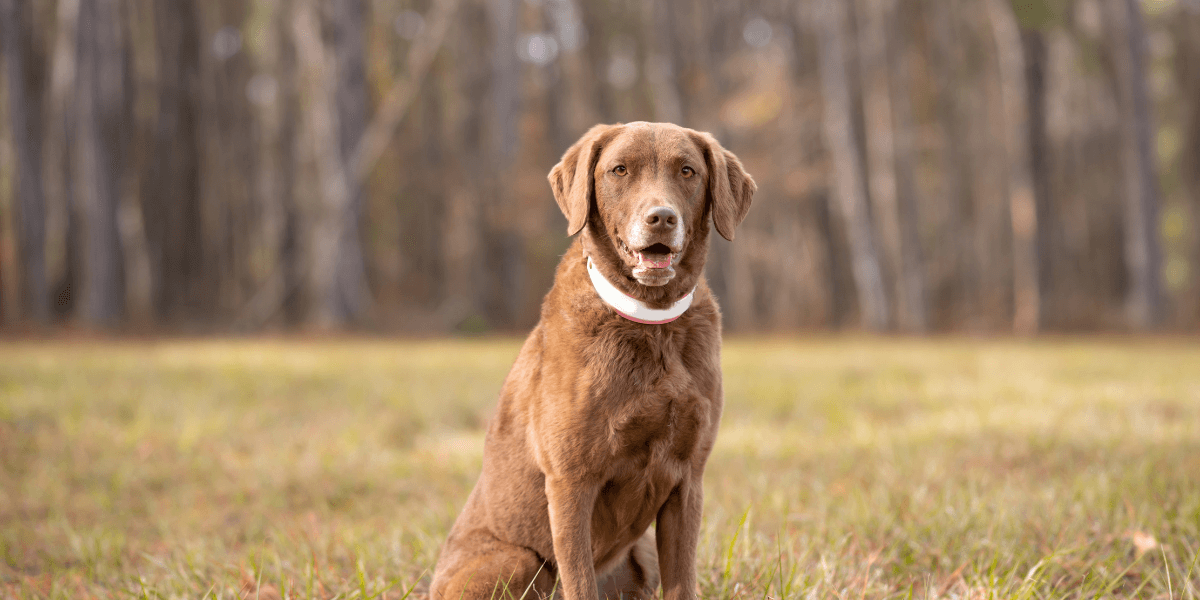
Health is an important factor when considering a family pet.
- Regular Vet Visits: Schedule regular vet check-ups for optimal health
- Vaccinations: Keep vaccinations up to date for disease prevention
- Balanced Diet: Provide a balanced diet to support their active lifestyle
- Joint Health: Monitor for hip dysplasia, a common breed concern
- Weight Management: Maintain a healthy weight with diet and exercise
- Parasite Prevention: Protect against fleas, ticks, and other parasites
- Dental Care: Regular dental care is important for overall health
- Grooming Routine: Regular grooming maintains coat and skin health
Understand the health considerations for Chesapeake Bay Retrievers, including hip dysplasia prevention.
FAQs
1. Are Chesapeake Bay Retrievers safe around kids?
- Yes, with proper training and supervision, they are generally safe
2. How much exercise does a Chesapeake Bay Retriever need?
- At least 60 minutes of exercise daily is recommended
3. Do they require special training to live with kids?
- Yes, early socialization and consistent training are essential
4. Are they overly protective of children?
- They have natural protective instincts but can be trained to manage them
5. What are common health issues to be aware of?
- Hip dysplasia, joint issues, and obesity are common concerns
6. Do they get along with other pets?
- They can, with early socialization and proper introductions
7. How can I prevent my Chesapeake Bay Retriever from being bored?
- Regular exercise, mental stimulation, and interactive toys can help
Conclusion
- Chesapeake Bay Retrievers can be excellent family pets in the right environment
- Proper training and early socialization are key to a safe, happy relationship
- Their loyalty and affection make them great companions for children
- Meeting their exercise and mental stimulation needs keeps them balanced
- Understanding their personality helps in integrating them into family life
- Start your journey with a Chesapeake Bay Retriever by ensuring they fit your family’s needs



